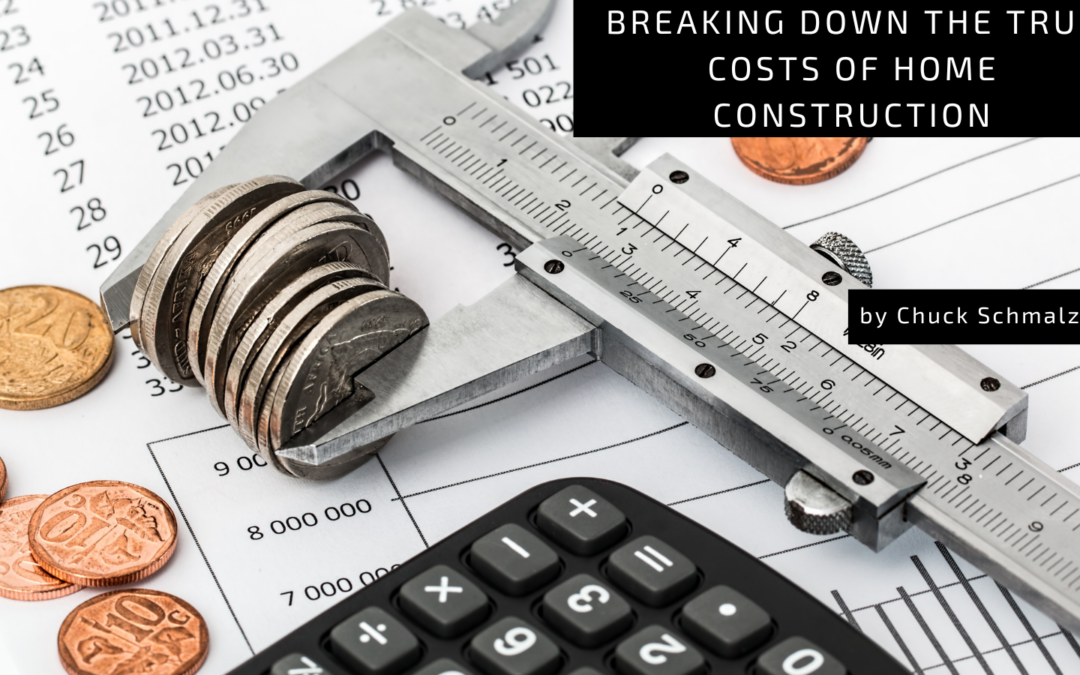Embarking on a home construction project is exciting but requires careful consideration of the costs involved. Beyond the visible expenses like materials and labor, understanding the actual costs of home construction is essential for accurate budgeting and avoiding unwelcome surprises.
Land Acquisition: The first and often underestimated cost is the acquisition of the land on which your home will be built. Location, size, and zoning regulations can significantly impact land prices. Researching and securing suitable land is crucial in the initial planning phase.
Pre-Construction Expenses: There are several pre-construction expenses to account for before construction begins. This includes surveying the land, obtaining necessary permits, and hiring architects or designers to create detailed plans. These upfront costs are essential for smooth construction and compliance with local building codes.
Construction Materials: The most obvious costs include the materials needed to build your home. This encompasses everything from the foundation and framing to roofing, siding, and interior finishes. Sustainable and high-quality materials may incur higher upfront costs but can lead to long-term savings and increased property value.
Labor Costs: Hiring skilled professionals, including contractors, carpenters, electricians, plumbers, and other specialists, is a significant expense. Skimping on skilled labor can lead to compromised quality and potentially higher costs in the long run. Obtaining multiple quotes and ensuring that labor costs are transparent are essential for budgeting accuracy.
Utilities and Infrastructure: Connecting your home to essential utilities such as water, electricity, and sewage involves additional costs. Infrastructure expenses may include driveway construction, landscaping, and installing critical systems like HVAC or renewable energy solutions.
Contingency Funds: Unforeseen challenges are an inevitable part of any construction project. Setting aside a contingency fund of around 10-15% of the overall budget is a prudent step to account for unexpected expenses, such as delays, weather-related issues, or unforeseen structural complications.
Financing and Interest: If you are financing your home construction through a loan, consider the interest costs associated with the borrowed funds. It’s essential to factor in loan fees, interest rates, and any additional financial charges when calculating the overall cost of your home.
Insurance: Protecting your investment with appropriate insurance coverage is crucial. Construction insurance and builder’s risk insurance can help mitigate financial risks associated with accidents, damages, or theft during construction.
Understanding the actual costs of home construction requires a comprehensive approach that goes beyond the visible aspects of the project. By meticulously breaking down these costs, prospective homeowners can make informed decisions, create realistic budgets, and ensure a smoother journey from concept to the realization of their dream home.

